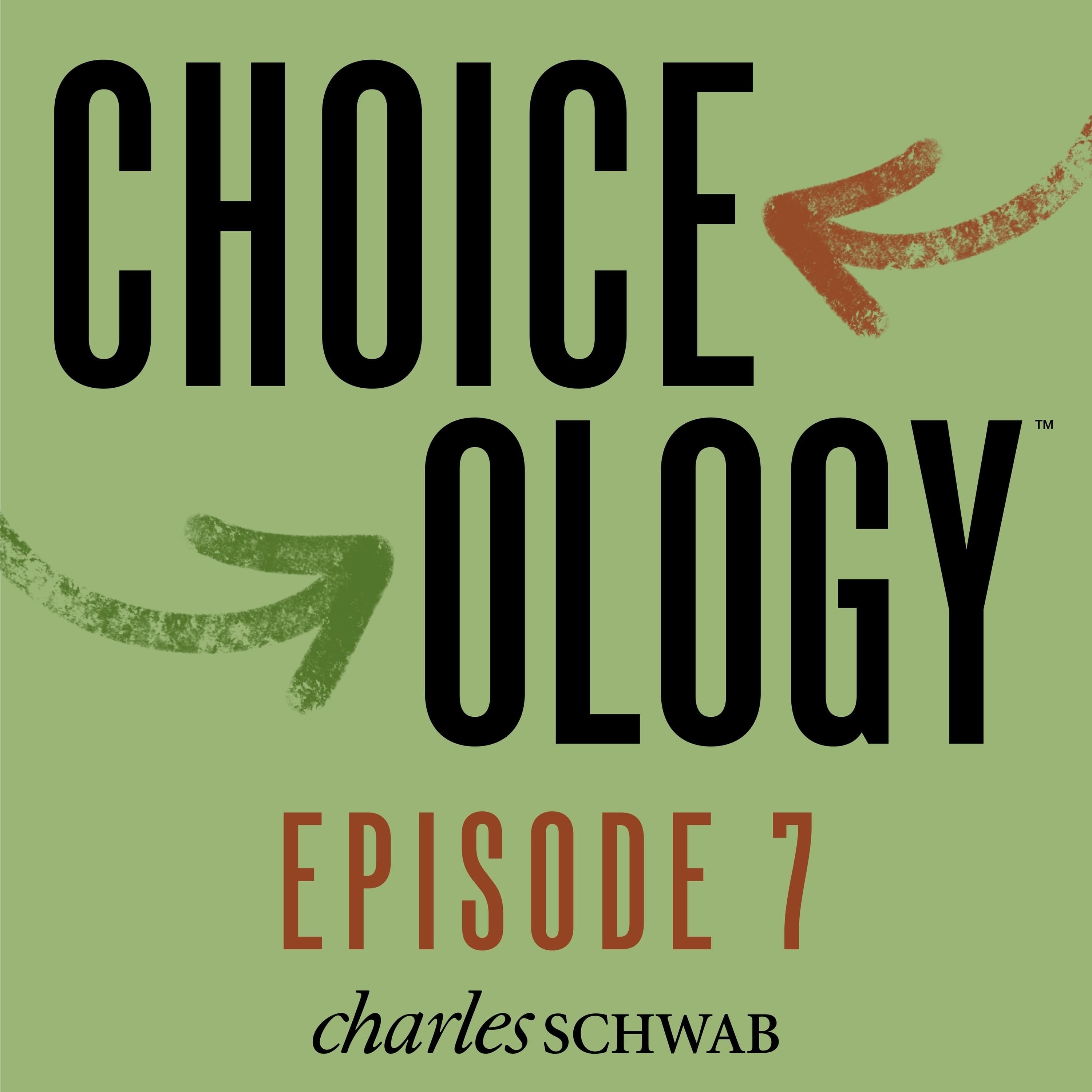How Tomorrow Feels Today
Imagine you've just been through a major life event: The birth of a child. A major award. The loss of a job. A divorce. Now picture yourself 10 years in the future and try to imagine how that event affected your overall well-being. Research shows that—more often than not—your predictions will miss the mark. Why is that?
On this episode of Choiceology with Dan Heath, we examine a bias that influences the way you believe you'll feel in the future.
- The show begins with a quick survey based on the work of psychologists Daniel Gilbert and Timothy Wilson. The survey demonstrates—in a surprising way—our tendency to misjudge the importance of future events.
- From there we raise the stakes with two very dramatic stories from the opposite ends of human emotional experience. Diann Roffe describes the elation she felt after a stunning athletic achievement, and Scott Fedor shares the harrowing story of a life-altering injury. And while these events were totally different, you may be surprised to learn how they affected Scott and Diann's lives over the long run.
- Then, Boston University professor Carey Morewedge explains how this bias works and offers suggestions to help you re-examine your greatest hopes and fears.
Choiceology is an original podcast from Charles Schwab.
If you enjoy the show, please leave a rating or review on Apple Podcasts.
Learn more about behavioral finance.
Explore more topics
All expressions of opinion are subject to change without notice in reaction to shifting market conditions.
Data contained herein from third-party providers is obtained from what are considered reliable sources. However, its accuracy, completeness or reliability cannot be guaranteed.
Investing involves risk, including risk of loss.
Apple Podcasts and the Apple logo are trademarks of Apple Inc., registered in the U.S. and other countries.
Google Podcasts and the Google Podcasts logo are trademarks of Google LLC.
Spotify and the Spotify logo are registered trademarks of Spotify AB.



